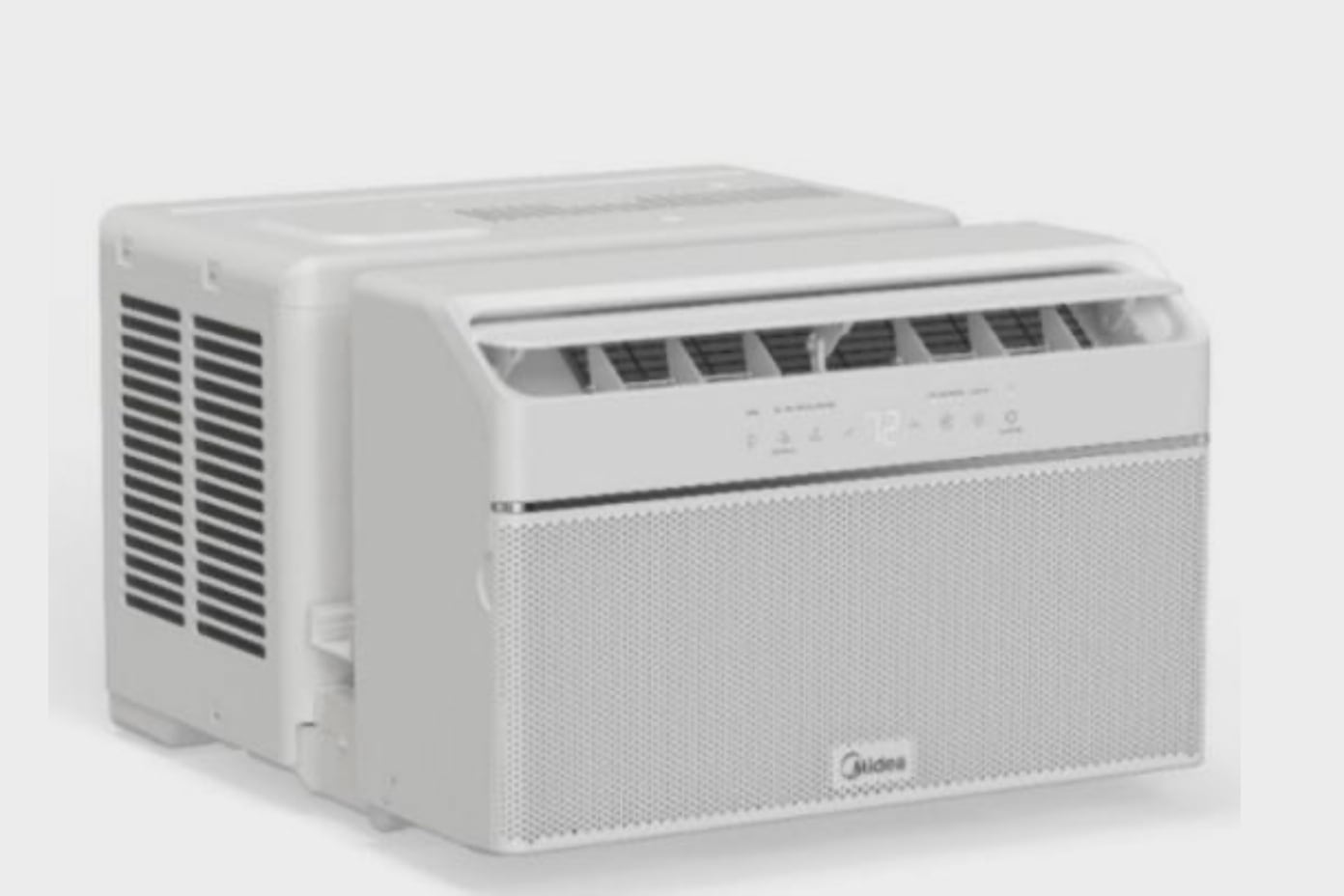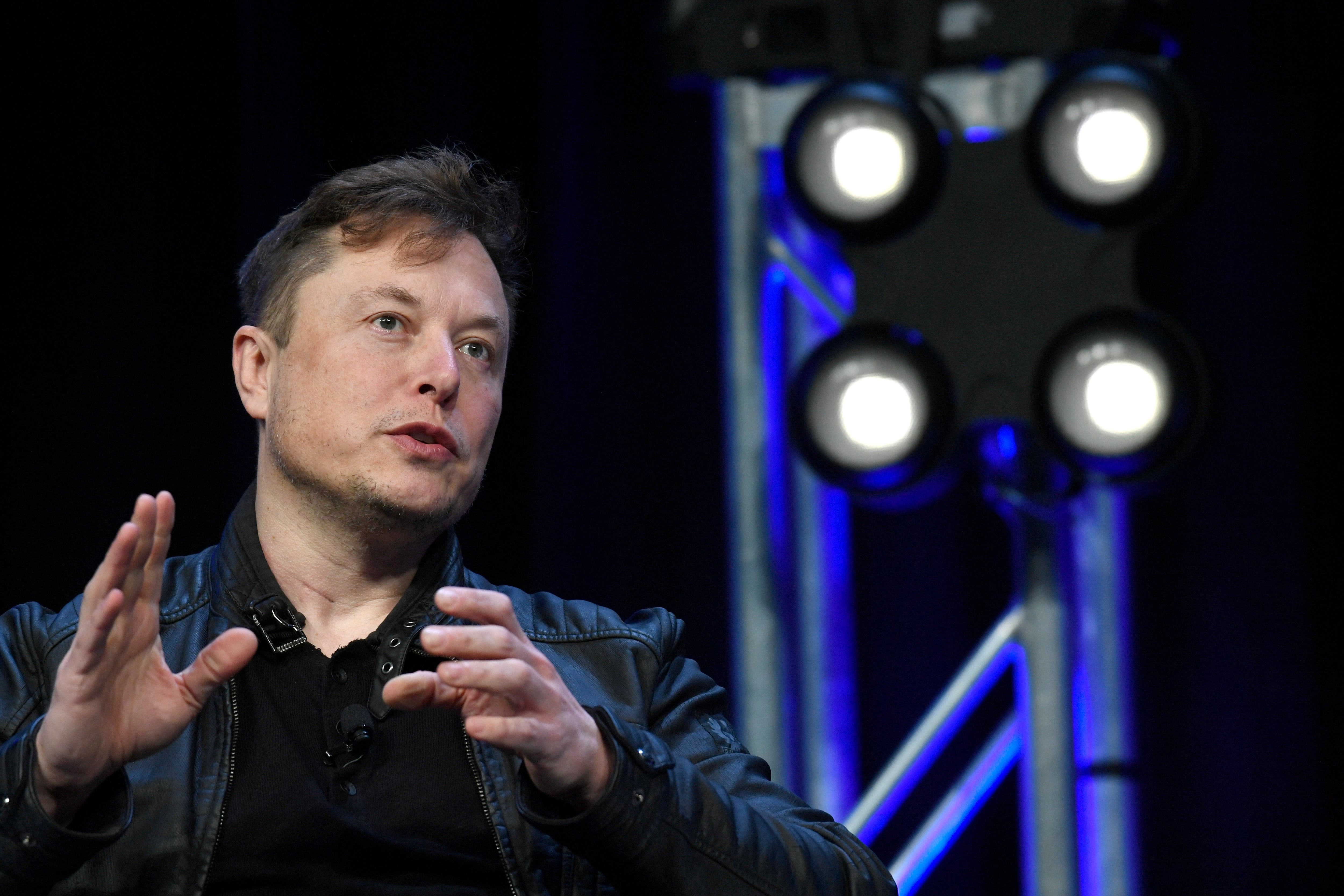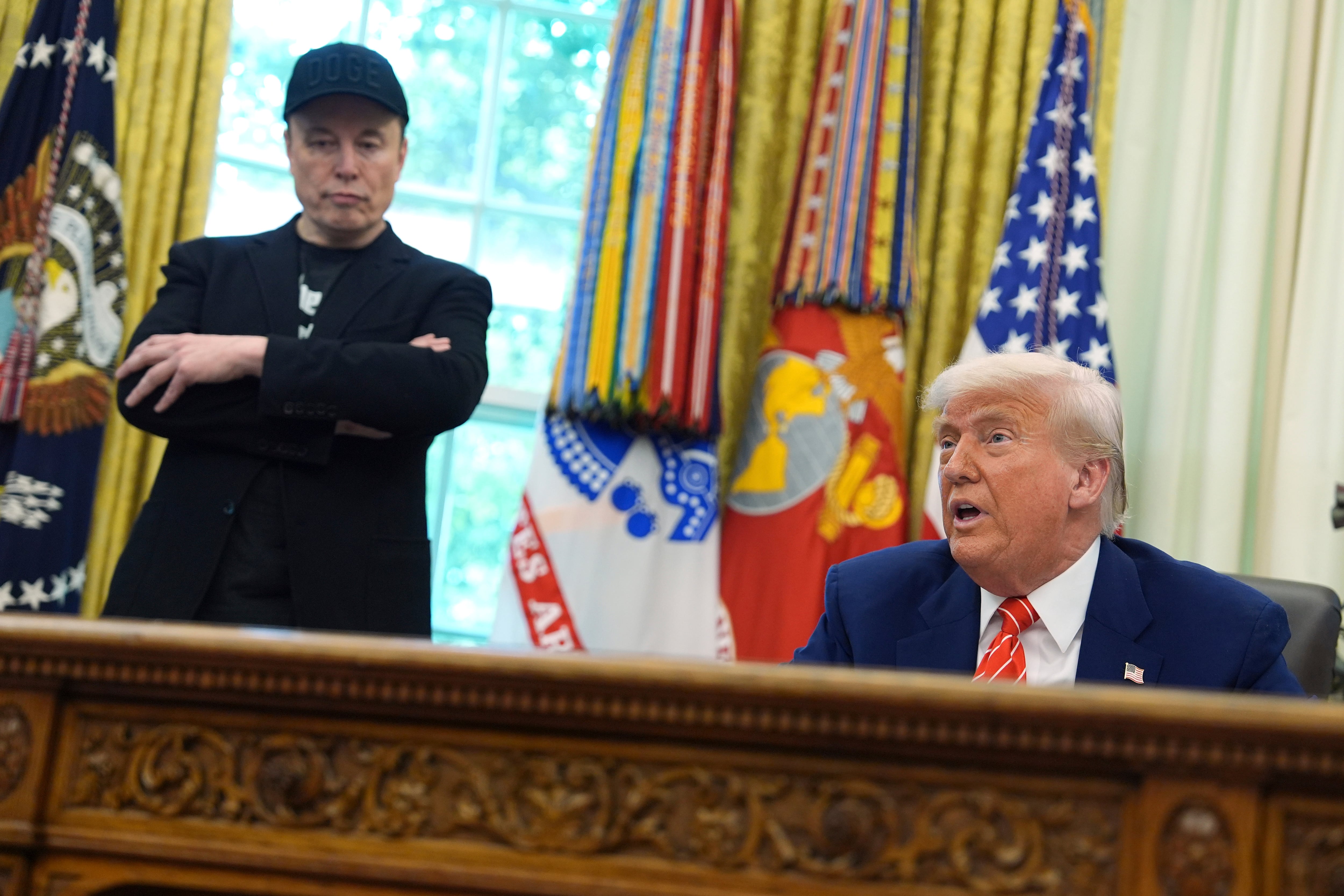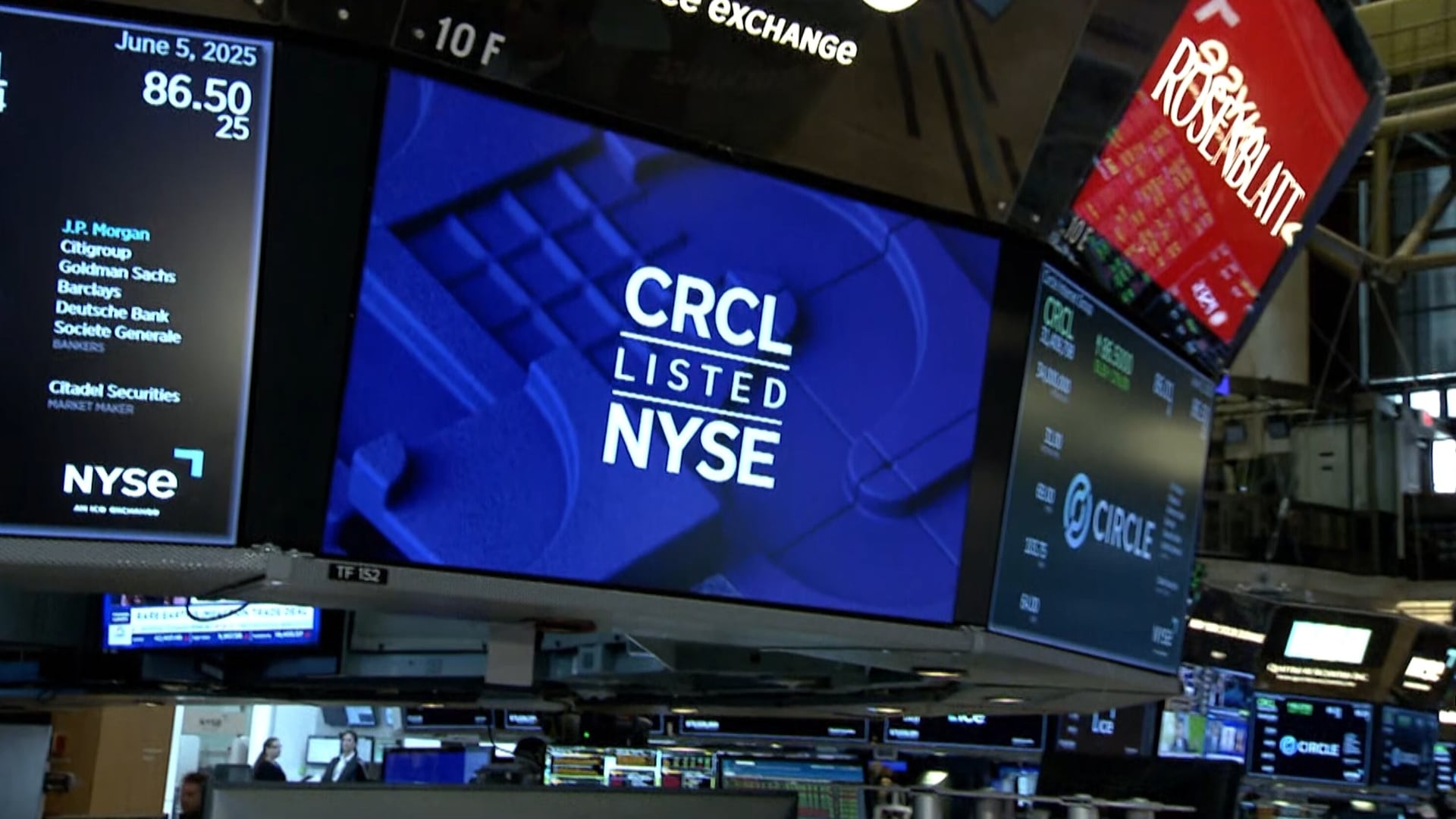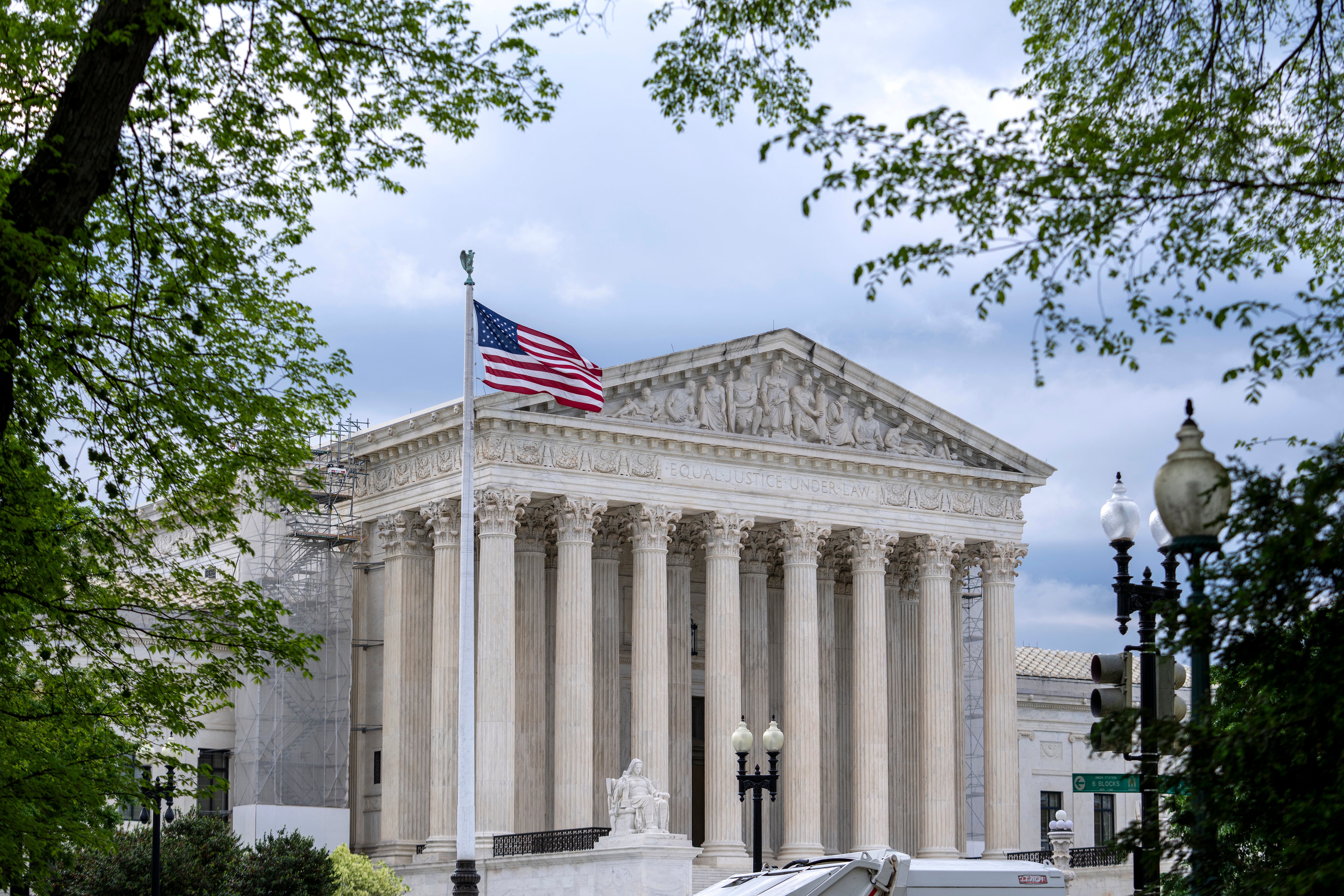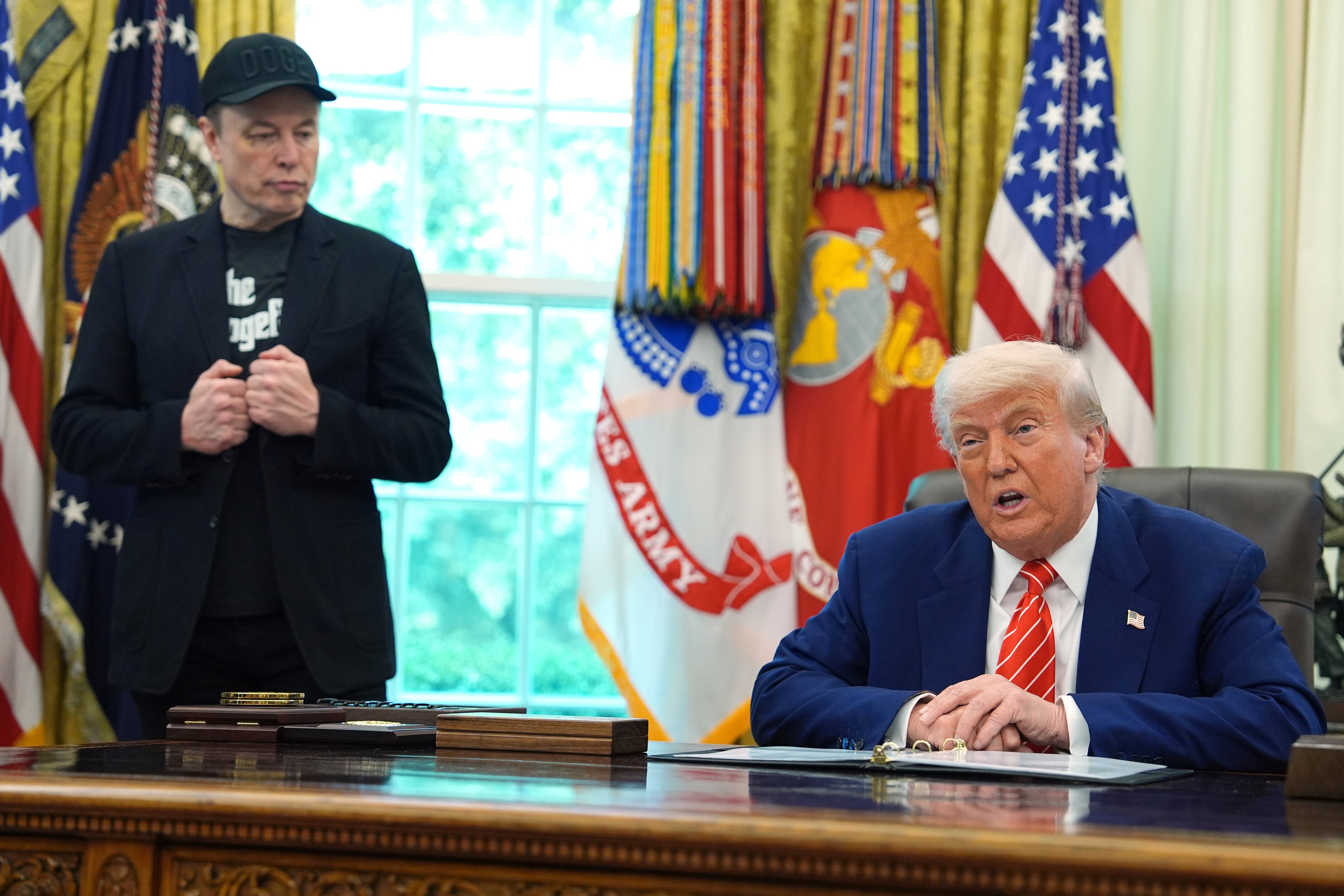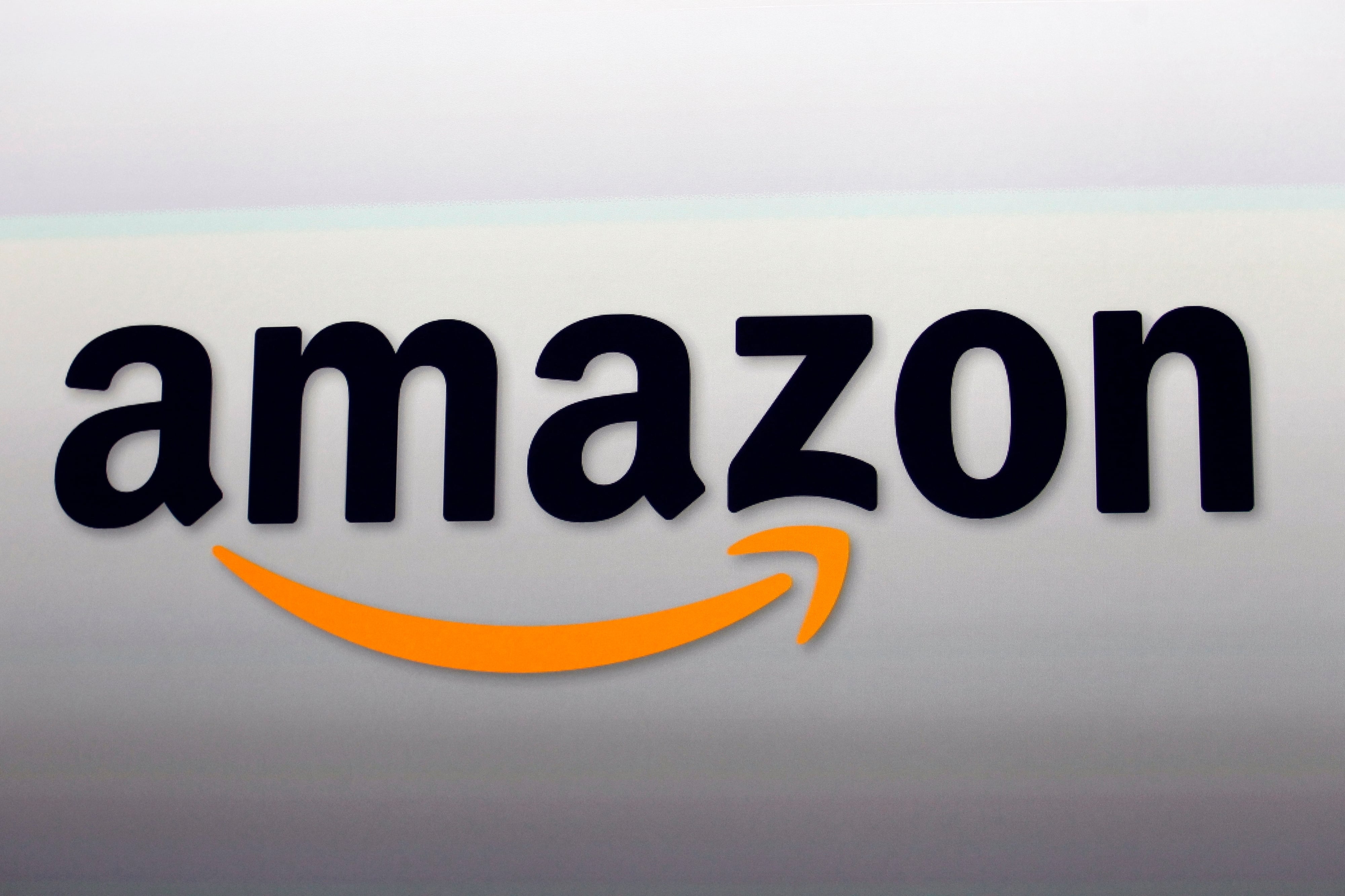*By Michael Teich* Pluralsight, a platform for online learning courses, was off to an auspicious start as a publicly traded company Thursday when the stock opened 33 percent above its IPO price on the Nasdaq. Shares of the Utah-based tech company, which are trading under ticker symbol “PS”, opened for trading at $20 a share compared with the IPO price of $15. Pluralsight's CEO, Aaron Skonnard, told Cheddar that Wall Street was optimistic because investors realize that his company's cloud-based platform is well positioned to close a “massive skills gap” created by rapidly changing technology. Pluralsight is the first company from Utah to go public in 2018. Skonnard said there are advantages to creating a technology company in Utah instead of Silicon Valley, including a thriving tech community in “Silicon Slopes” that attracts talent away from the San Francisco Bay area. The lower cost of living in Utah is also a “big home run” for employees. The future of education is going to look a lot different in the years ahead, said Skonnard. Four-year college degrees are a lot less relevant than they were 20 years ago, and emerging technologies will cause the trend to continue. Pluralsight's focus on technology-based skills such as HTML and JavaScript put it in a position to provide courses that cater to the evolving demands by its corporate clients, which include AT&T and Adobe. For the full interview, [click here](https://cheddar.com/videos/utah-s-tech-unicorn-pluralsight-has-strong-nasdaq-debut).
